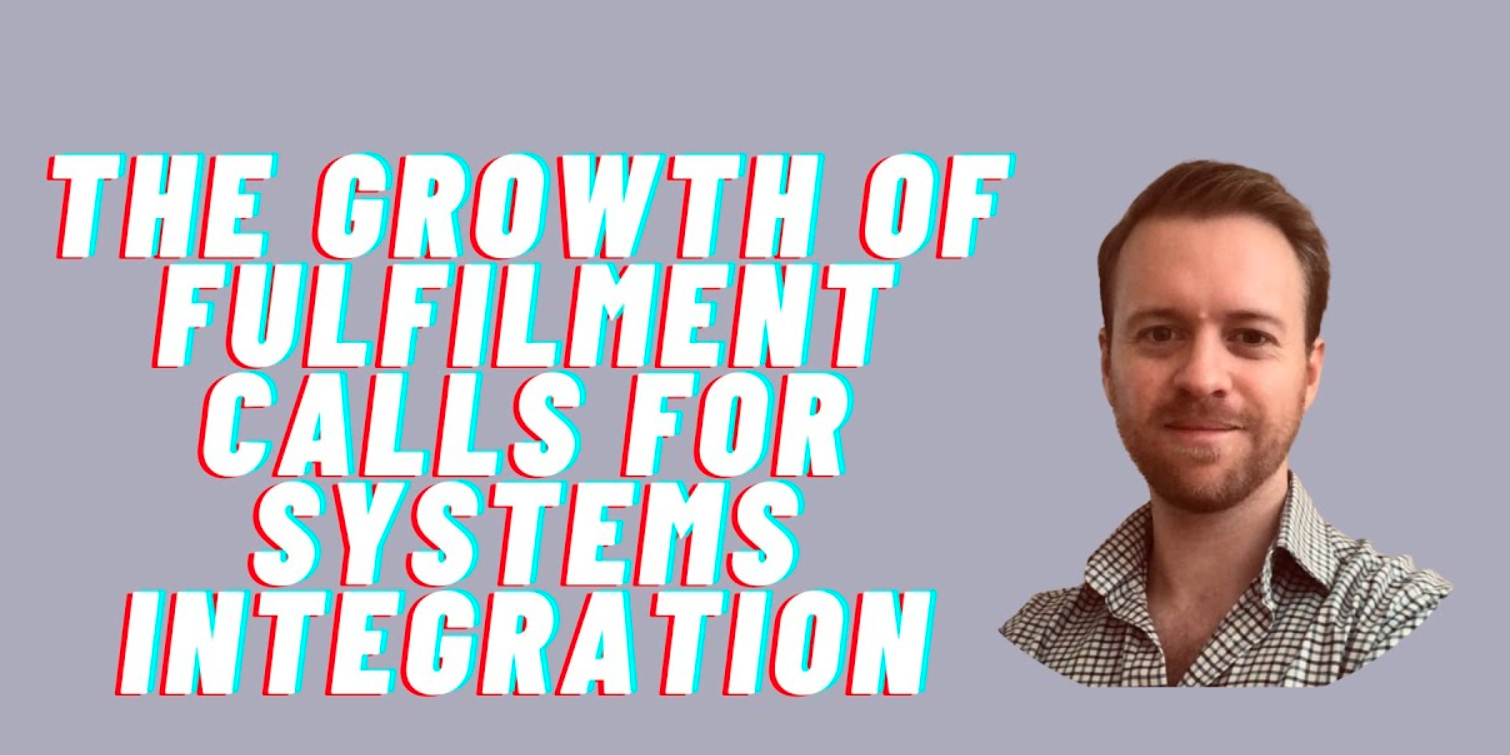As with all other aspects of the supply chain order fulfilment has transformed beyond recognition in the last 18 months. From automation to the need to be greener companies are experiencing that change on a daily basis. In addition, numerous marketplaces have appeared and are demanding better fulfilment from logistics. The Logistics Point spoke to Benjamin Hamilton, Director of Fulfilment, at Octopia about how the industry is dealing with all the changes. Watch the video below.
It comes as no surprise that e-commerce experienced a huge leap forward and the supply chain didn’t manage to deal with it in the beginning of the pandemic. ‘It was easier to navigate if you are a big actor, but for SMEs it has been a very difficult time,’ explains Hamilton. Another trend during the past two years has been the growth of marketplaces where many people decided to use the opportunity and start their own business. Both of these have caused a huge pressure on logistics providers.
Market trends
Cross-border e-commerce also grew as people became more comfortable not only shopping online but also looking into different options away from their home markets. Small businesses are heavily affected by this as they do not have the know-how to deal with cross-border
commerce and would require the help of fulfilment partners. For Hamilton a good fulfilment partner would be able to provide not only the space but also the knowledge, technology and continuous support.
Due to the prevalence of omnichannel operations retailers now have to be able to monitor different channels simultaneously and react accordingly. Without an integrated system they could end up in a situation where inventory is not monitored properly and orders are double placed. ‘If that is the case, you open yourself for all sorts of operational risks,’ Hamilton says. But automation sounds scary to even the most experienced supply chain managers, so how could it be overcome? Hamilton suggests working with a company that knows the ins and outs of e-fulfilment and can navigate complex fulfilment tasks while the merchant
is solemnly focused on their core business. When it comes to price it is important to look at the benefits and not just at the costs. Being able to track the shipments and provide this information to the end consumers are highly valued capabilities and the costs are well returned.
Greener fulfilment
For Hamilton, fulfilment still has a long way to go before becoming fully green. End consumers, however, are aware of the need to be more sustainable and are demanding it from marketplaces. ‘Everything that is important for the end customer is important for the business,’ he concludes.
Watch the full interview below to learn more about fulfilment, the growth of marketplaces and how the industry can become greener. ✷



